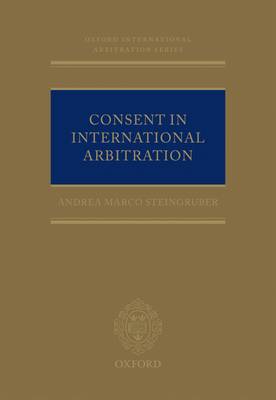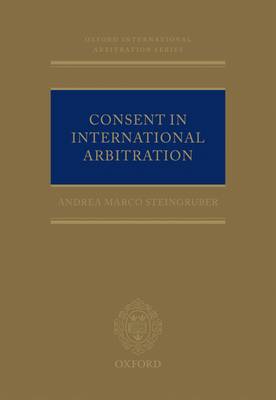
Bedankt voor het vertrouwen het afgelopen jaar! Om jou te bedanken bieden we GRATIS verzending (in België) aan op alles gedurende de hele maand januari.
- Afhalen na 1 uur in een winkel met voorraad
- In januari gratis thuislevering in België
- Ruim aanbod met 7 miljoen producten
Bedankt voor het vertrouwen het afgelopen jaar! Om jou te bedanken bieden we GRATIS verzending (in België) aan op alles gedurende de hele maand januari.
- Afhalen na 1 uur in een winkel met voorraad
- In januari gratis thuislevering in België
- Ruim aanbod met 7 miljoen producten
Zoeken
Omschrijving
Covering the various forms of expressing consent this book also looks at the differences between consent under State legislation and through treaties. It combines scholarly analysis with a detailed discussion of relevant cases, laws, and rules, and focuses on problems that frequently arise in practice.
Specificaties
Betrokkenen
- Auteur(s):
- Uitgeverij:
Inhoud
- Aantal bladzijden:
- 416
- Reeks:
Eigenschappen
- Productcode (EAN):
- 9780199698158
- Verschijningsdatum:
- 15/03/2012
- Uitvoering:
- Hardcover
- Afmetingen:
- 173 mm x 252 mm
- Gewicht:
- 918 g

Alleen bij Standaard Boekhandel
+ 897 punten op je klantenkaart van Standaard Boekhandel
Beoordelingen
We publiceren alleen reviews die voldoen aan de voorwaarden voor reviews. Bekijk onze voorwaarden voor reviews.









